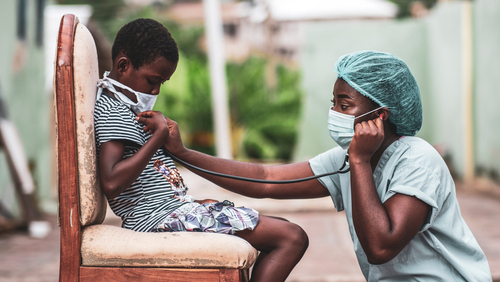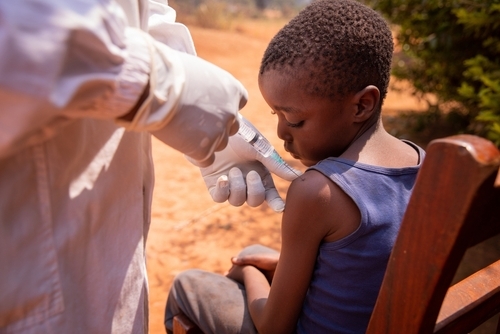Potential new Epidemic in Congo
A mysterious and alarming disease has recently emerged in the northwest of the Democratic Republic of Congo (DRC), causing significant concern among health officials and the global community. The outbreak began on January 21, 2025, in the village of Boloko, after three children consumed a bat carcass and subsequently died within 48 hours. This new illness has since spread rapidly, resulting in 419 reported cases and 53 deaths as of late February.
The symptoms of this disease are particularly distressing, with affected individuals experiencing fever, vomiting, internal bleeding, and hemorrhagic fever-like symptoms. The rapid progression from the onset of symptoms to death, often within just 48 hours, has heightened the urgency of the situation. Health officials have ruled out common hemorrhagic fever diseases such as Ebola and Marburg, as well as other known illnesses like dengue and yellow fever.

The World Health Organization (WHO) has been closely monitoring the situation and has deployed experts to the affected areas to investigate the cause of the outbreak and implement measures to contain its spread. The WHO’s Africa office has emphasized the significant public health threat posed by this new illness, which has a fatality rate of approximately 12.3%. The rapid spread of the disease and the high number of deaths have raised concerns about the potential for a larger epidemic if not swiftly contained.
The origins of this outbreak echo the beginnings of the COVID-19 pandemic, which is believed to have jumped from bats to humans in China before spreading worldwide. The consumption of wild animals, such as bats, has long been a concern for public health officials due to the potential for zoonotic diseases to emerge and spread among human populations. The DRC has experienced a surge in such outbreaks over the past decade, with the number of zoonotic disease incidents increasing by more than 60%.
In addition to the current outbreak, the DRC has been grappling with other public health challenges, including a major outbreak of Mpox (formerly known as monkeypox) and a previous outbreak of acute respiratory infections complicated by malaria. The country’s weak healthcare infrastructure and ongoing political instability further exacerbate the difficulties in managing and containing these outbreaks.

Despite the alarming nature of this new disease, health officials are working diligently to reassure the public that it is unlikely to trigger the next global pandemic. University of Southampton senior research fellow Michael Head has noted that while genuinely new illnesses can emerge, they are relatively rare, and most outbreaks are brought under control relatively quickly. However, the high number of cases and deaths in this instance is concerning and underscores the need for immediate and coordinated efforts to contain the outbreak.
As the investigation continues, it is crucial for the global community to remain vigilant and support efforts to identify the cause of this new disease and prevent its further spread. The situation in the DRC serves as a stark reminder of the importance of robust public health systems and the need for ongoing research and preparedness to address emerging infectious diseases. By working together, we can help mitigate the impact of such outbreaks and protect the health and well-being of communities worldwide.



